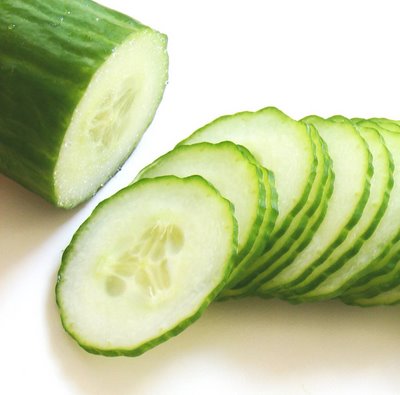
We’ve discussed the health and function of the brain previously, in our peaceful mind series, but today we want to get a little more personal with it. As the daughter of someone facing cognitive issues, I’ve been doing quite a bit of research on supplements and other holistic treatments to help with these losses. One thing I kept running into was articles and reports from a wide variety of credible sources, extolling the amazing virtues and benefits of coconut oil.
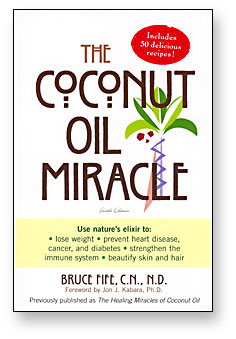 Coconut Oil and Cognitive Issues
Coconut Oil and Cognitive Issues
It’s exciting that we live in a time where the benefits of massage, emotional release techniques, yoga, natural medicine, and meditation are so mainstream now that even my Mom’s doctor, in a very small mid-western town, is having her take omega 3 oils for healthy brain function, as well as recommending yoga and relaxing mind activities to help relieve her anxiety. We certainly have come a long way in how we look at brain function and memory loss in general. Even western medicine is looking into and confirming the positive effects of the otherwise greatly misunderstood and much maligned oil of the coconut. As you’ll see in the video below, modern science is catching up to what many in the holistic community have known for years and now they’re applying it to work on a cure for Alzheimers using coconut oil.
Coconut Oil and Overall Health
As Dr. Bruce Fife, C.N.,N.D, explains in his amazing book, The Coconut Oil Miracle, there are a unique group of saturated fats found in mother’s milk and coconut oil known as “medium-chain fatty acids” and they’re imbued with some remarkable properties and health benefits. There’s also loads of information floating around the interwebs about coconut oil (some credible and some not) saying coconut oil is the cure for everything from the common cold to obesity. Many in the media and western medicine are quick to point out that its properties have not been studied thoroughly enough to validate these claims. That said, if you’re interested in the research that DOES exist and what it confirms, there is a site that compiles all the relevant information and studies on the matter, called The Coconut Research Center. They also have data on the health benefits of coconut’s meat, milk, and water as well.
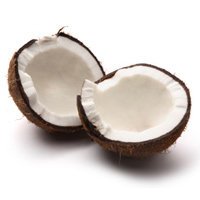 Not all Coconut Oils are Same
Not all Coconut Oils are Same
Like most things in the world of food today, there are those looking to make a quick buck on the latest research or fad and coconut oil is no exception. As Dr. Fife points out, “There are many different ways to make coconut oil. The methods and care used in the process determines the final quality of the product.” The first thing he recommends in looking for a coconut oil is the same as what you look for in Olive Oil, that it be Virgin. If it doesn’t say virgin coconut oil on the label, it isn’t. Instead, it’s something called RBD oil (though it won’t say this on the label.) RBD stands for refined, bleached, and deodorized. As we all know, for food to work best with your body, it needs to be as whole a food as you can get — meaning as close to its natural state as possible. Processing food removes and destroys nutrients, forever changing its structure and its benefits. Virgin coconut oil is made from fresh coconut, sans the high heat or chemicals, resulting in more phytonutrients.
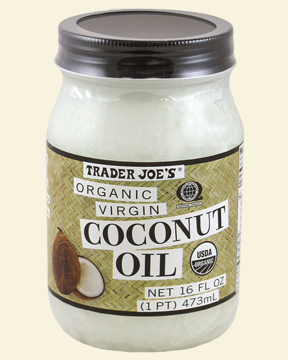
How to Choose the Right Coconut Oil
Even among virgin oils though, there are still quality differences. So how do you distinguish the good from the not-so-good. The key is to use your senses — the smell, color and flavor of the coconut oil. Your oil should be clear (when hot or warm) or white (when solid) — never yellowed at all. There should be a lightly sweet coconut smell and just the slightest coconuttiness on the tongue — though, trust us, it will not interfere with taste of savory dishes — rather it seems to enhance them, naturally.
Dr. Fife’s Criteria for Coconut Oil:
- Source (make sure its a source you know the supply lines and process and trust)
- Appearance (clear to white — never yellowish)
- Taste and aroma (slightly coconutty in flavor and smell — if it is flavorless/odorless it’s too refined)
- Price — if the price is too low, the quality probably is too. (One exception seems to be Trader Joe’s Virgin Coconut Oil, which sells for around $4 a jar.)
Remember, pure coconut oil is colorless. Any discoloration means your oil has been contaminated, either with mold or smoke. If your oil tastes or smells strong — it has probably been contaminated — fresh coconut oil, tastes and smells lightly of fresh coconut.
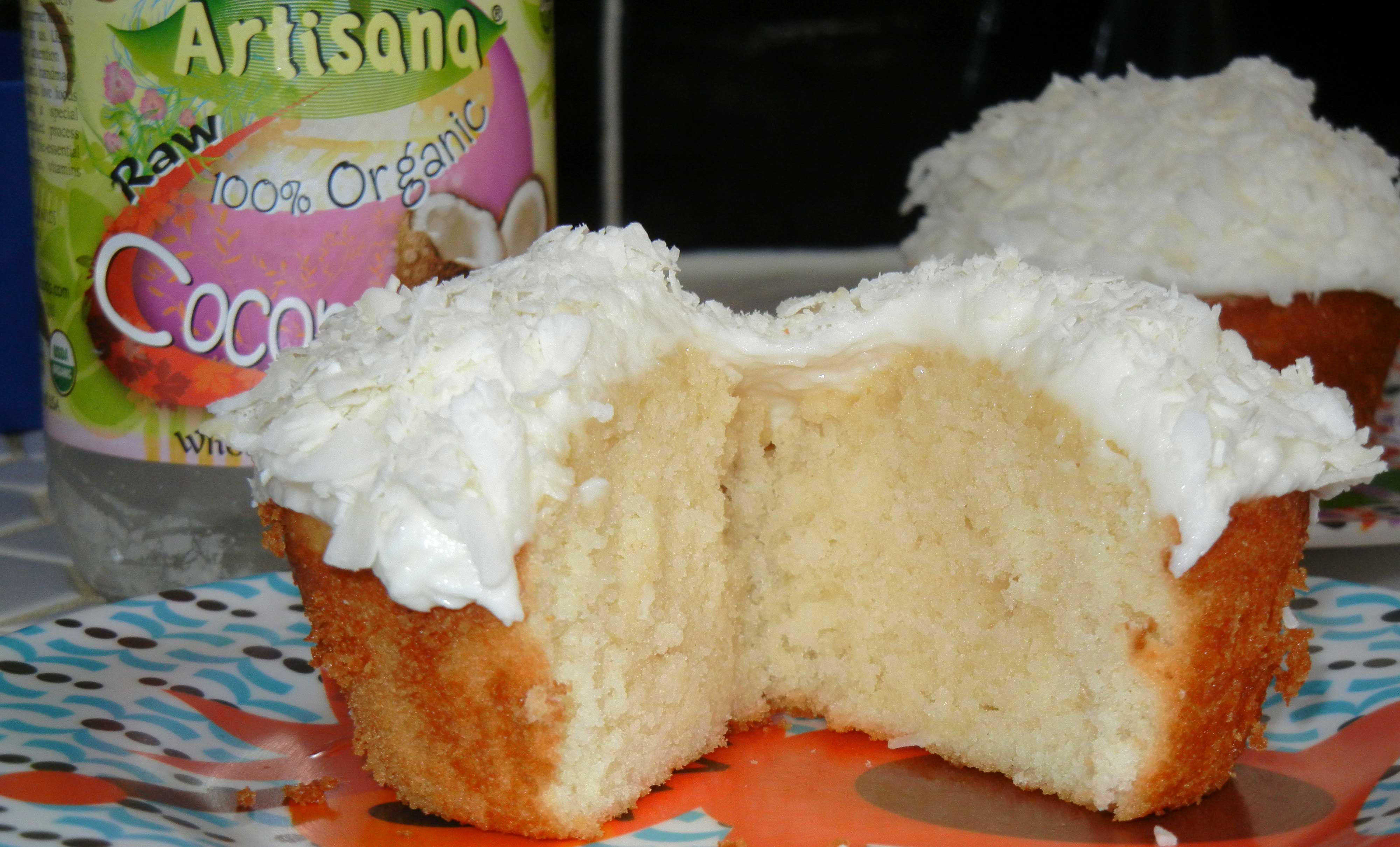
Cooking with Coconut Oil
You are limited only by your imagination when it comes to coconut oil. It works beautifully in cupcakes making them extra moist and sweet, can be used in place of shortening in a pie crust, is equally delicious for roasting vegetables, as it is to saute greens or stir fry tofu, chicken, beef or any other meat. What flavor coconut oil does leave behind, tends to blend with whatever you are cooking, tempering the bitter in greens, helping to caramelize a roasted sweet potato, kicking up the creaminess in a curry, or fluffing up your baked goods. Coconut oil never leaves a heavy oily feeling behind on your palate or a heaviness in your belly — it is light and lovely. We highly recommend it on anything and everything. Here are some tasty recipes from around the web that will help you kick off your love affair with coconut oil and feed your brain.
- This tasty recipe for the Ultimate Quintuple Coconut Cupcakes is made with five times the coconut using coconut oil, coconut milk, coconut extract, coconut butter and coconut flakes by our friend, The Groovy Foody.
- Homemade “Magic Shell” like ice cream topping using dark chocolate and coconut oil.
- Coconut Oil Roasted Sweet Potatoes featured in the NY Times.
Here’s to your health!



